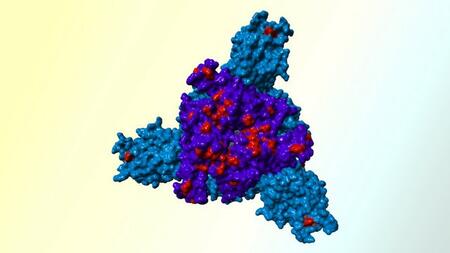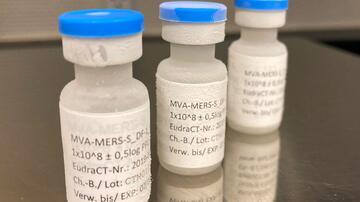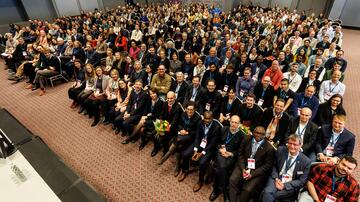How resistant is the Omikron variant to current antibodies?
Cell culture studies show SARS-CoV-2 variant Omicron evades antibodies generated after infection and vaccination and is resistant to several therapeutic antibodies. In contrast, antibodies induced upon triple immunization with BioNTech-Pfizer (= booster) or heterologous vaccination with Oxford-AstraZeneca/ BioNTech-Pfizer inhibited the Omicron spike with increased efficiency. Therefore, booster and heterologous vaccination could provide stronger protection against the Omicron variant.
The Omicron variant of SARS-CoV-2 is spreading at an alarming rate. It could soon replace the Delta variant, which at present dominates globally. However, little is known about whether currently available vaccines and drugs will be effective against the Omicron variant. The spike protein of the SARS-CoV-2 Omicron variant harbors more than 30 mutations compared to the spike of the virus circulating during the early phase of the pandemic.
To assess the efficiency of vaccines and therapeutic antibodies, a research team led by Stefan Pöhlmann and Markus Hoffmann from the German Primate Center - Leibniz Institute for Primate Research in Göttingen and colleagues from the Hannover Medical School, the University of Göttingen Medical Center, the Friedrich-Alexander University of Erlangen-Nürnberg and the German Center for Infection Research (DZIF), have studied whether the Omicron spike is inhibited by antibodies induced upon vaccination or infection or currently used for COVID-19 treatment. The researchers investigated these questions using non-hazardous virus-like particles that carry the Omicron spike and are well suited for analysis of virus entry and its inhibition.
The team was able to show that antibodies from recovered persons hardly inhibit the Omicron variant. Antibodies after two BioNTech-Pfizer vaccinations also showed significantly reduced efficacy against the Omicron variant. Finally, most of the therapeutic antibodies evaluated in the study were not effective against the Omicron variant. These results indicate that several antibodies used to treat COVID-19 will be ineffective against the Omicron variant.
But there was a positive result: Better inhibition was observed after triple BioNTech-Pfizer vaccination as well as after heterologous vaccination with Oxford-AstraZeneca and BioNTech-Pfizer. The results indicate that triple immunization with BioNTech-Pfizer (booster) and cross-vaccination with Oxford-AstraZeneca/BioNTech-Pfizer could provide protection against the Omicron variant. "A big thank you to all cooperation partners and especially to the team in Göttingen," says Prof. Georg Behrens from the DZIF Hannover-Braunschweig site. "Our joint preliminary work and effective collaboration have made it possible to deliver scientifically sound results for these pressing questions in a very short time."
Source: DPZ press release




